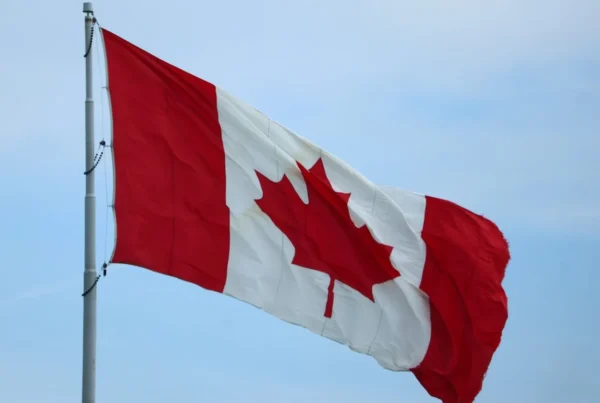We are being bombarded with distressing news about the COVID-19 pandemic.
We isolate at home, glued to our televisions and streaming on our mobile devices. Some of us tune in to watch the prime minister give his daily briefings to Canadians. We watch the Opposition parties’ responses. We watch federal and provincial public health officials provide daily information on COVID19. We are informed, if not overwhelmed, by the volume of news as the COVID-19 pandemic evolves.
As anxiety develops, we videoconference with our families and friends to stay connected, to see each other’s faces at virtual family dinners.
Now imagine that you’re a senior for whom none of this is possible.
Perhaps you live alone. Perhaps you live on a fixed income. Perhaps your friends, like you, do not have access to the same streaming technologies or even access to cable.
Many seniors tell me they rely on free print newspapers for news. These papers used to be found in building lobbies, in newspaper boxes on street corners, and in coffee shops around the city.
Of necessity, local weekly newspapers have suspended printing for now and moved to online reporting only, as advertising revenues decline (although the Straight is still available in coffee shops, liquor stores, pharmacies, etc.). If you, like some seniors, are used to reading your news in print, you probably didn’t learn about the cessations of print editions; you are now cut off, isolated—not only physically—from family, but from the friends you used to meet at the community centre, at seniors’ drop-in programs, at the supermarket, or for coffee.
As a physician, this concerns me. Loneliness can give way to absolute isolation, physically and mentally. The spiral into depression is easy.
As an MP, I am concerned that I cannot reach this vulnerable group with the vital, evolving information they need to stay well or to have access to benefits.
Digital tools like Facebook, Twitter, and Instagram are good ways to connect with my constituents in real-time, providing important information on COVID-19. The paper updates we send to constituents, over the year, are unavailable because social distancing requirements have forced closure of government printing offices.
Seniors are often among the most vulnerable populations in our community, and in this pandemic we need to get factual and timely information to them to let them know they’re not alone.
With the help of a $9 million grant from the federal government, through the United Way, local organizations can continue to support seniors in delivering groceries, medications, or other needed items, or personal outreach to assess individuals’ needs and connect them to community supports.
The federal government has also distributed $100 million to organizations like Food Banks Canada, Salvation Army, Second Harvest, Community Food Centres Canada, and Breakfast Club of Canada so they can meet the urgent food needs of Canadians, including Indigenous peoples and Northern populations.
I am floating the idea of a seniors’ 1-800 Help Line, similar to the Kids Help Phone, so seniors facing depression can get help—especially those who cannot use the existing federal portal. Does any telecom company want to take this on? Hedy.Fry@parl.gc.ca.
My MP office is still available, via phone, to help seniors get the information and help they need. We have stuffed a few thousand envelopes with info letters to send out to the seniors who have no email accounts.
MPs have small budgets for public service announcements, so we’re getting creative in Vancouver Centre. This week, you’ll hear public service announcements from me on local radio, letting constituents know where they can access help. We’ll be displaying public service announcements in select building elevators, and printing informational flyers locally. I’d like to thank those local businesses who have already stepped up, volunteering to distribute these to their customers.
These are good steps, but government assistance is not enough. Perhaps we each, in our own way, can “reach out and touch someone” with a simple act of kindness.
Reach out to an older person. Check in to see how they’re doing. Loneliness is frightening, and your phone call might brighten someone’s entire day.
Be a good neighbour. Ask if the seniors in your building or neighbourhood need help with groceries or errands. This virus impacts seniors disproportionately, and leaving the house can be a challenge for those with mobility issues.
Above all, Take care of yourself. Follow public health instructions: stay home, Wash your hands with soap and water. Keep your distance to two meters.
When we say “we’re in this together”, let’s make sure we mean everyone.
This article originally appeared in the Georgia Straight.





